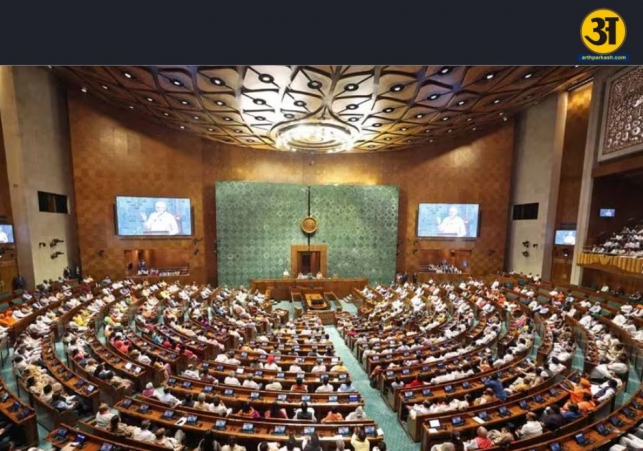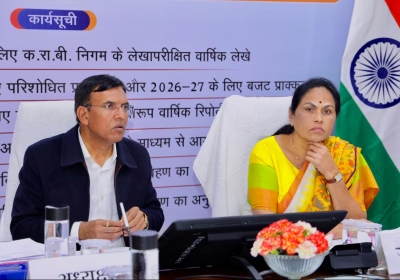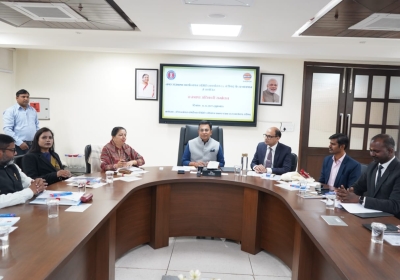
Waqf Act Amendments: new rra or turmoil?
Proposed amendments to Waqf Act: A new era or political turmoil ahead?
The concept of waqf, rooted in Islamic tradition, allows Muslims to continue their charitable activities even after death. The central government’s new bill to amend the 1995 Waqf Act, introduced in the Lok Sabha this week, highlights a significant shift towards more centralised control and oversight of waqf institutions in India. This move has sparked a new debate over the religious rights of Muslims.
Centralised control and oversight
The proposed amendments aim to increase the government's control over waqf properties and institutions. These changes are seen as an effort to streamline the management of waqf assets and ensure better accountability and transparency. Supporters argue that centralised oversight will help prevent misuse and mismanagement of waqf properties, ensuring that they are used for their intended charitable purposes.
ALSO READ: 'Will PM Modi call Vinesh Phogat?': Congress questions after her Paris Olympics victory
ALSO READ: Delay in sanction stalls CBI Case proceedings
However, critics argue that these amendments may infringe upon the religious rights of Muslims by reducing the autonomy of waqf boards. They fear that increased government control could lead to interference in religious affairs and undermine the traditional management of waqf properties. This has led to concerns about the potential impact on the community's ability to manage their own religious and charitable activities.
Debate over religious rights
The debate over the amendments to the Waqf Act has highlighted the tension between government oversight and religious autonomy. Many Muslim organizations and leaders have expressed their concerns, stating that the proposed changes could disrupt the traditional functioning of waqf institutions and impact the community's religious rights. They argue that waqf properties have historically been managed by the community and should remain under their control.
On the other hand, proponents of the amendments believe that greater transparency and accountability are necessary to protect waqf assets from being exploited. They emphasize that the changes are aimed at ensuring that waqf properties are used for the welfare of the community and not for personal gain.
As the bill moves through the legislative process, the debate is expected to intensify. The proposed amendments to the Waqf Act represent a significant shift in the management of waqf properties in India. The outcome of this debate will have important implications for the balance between government oversight and religious autonomy, and the future of waqf institutions in the country.





